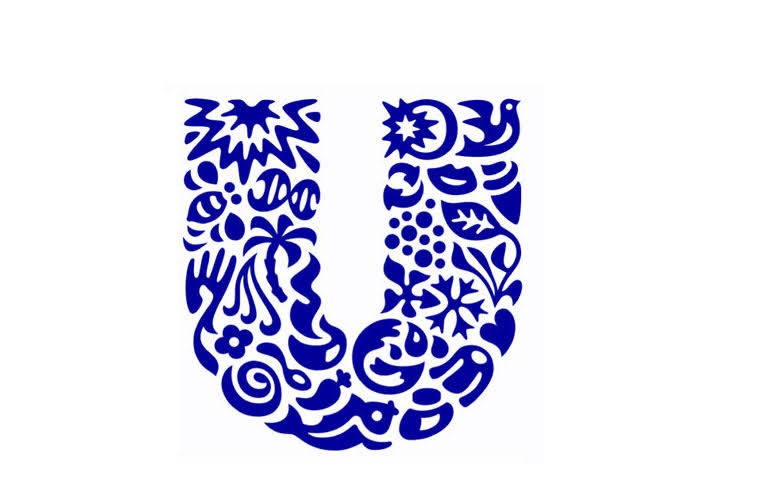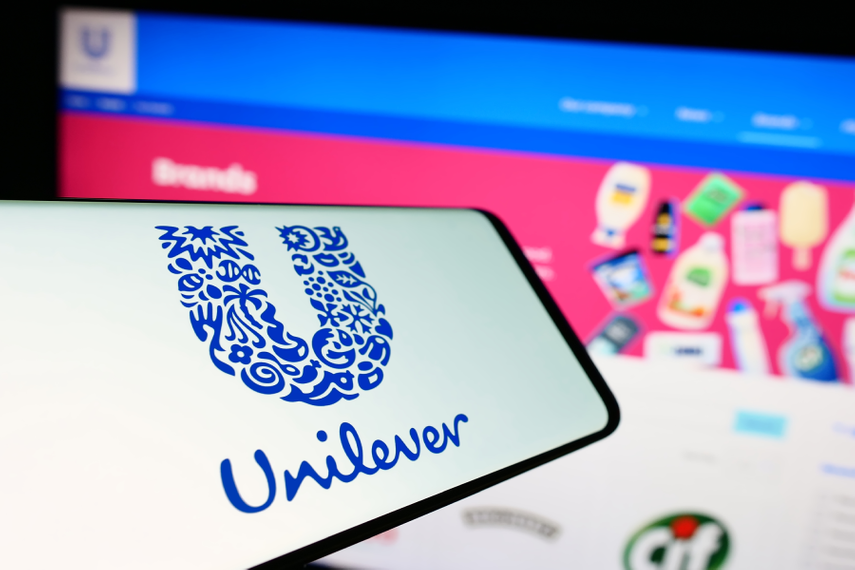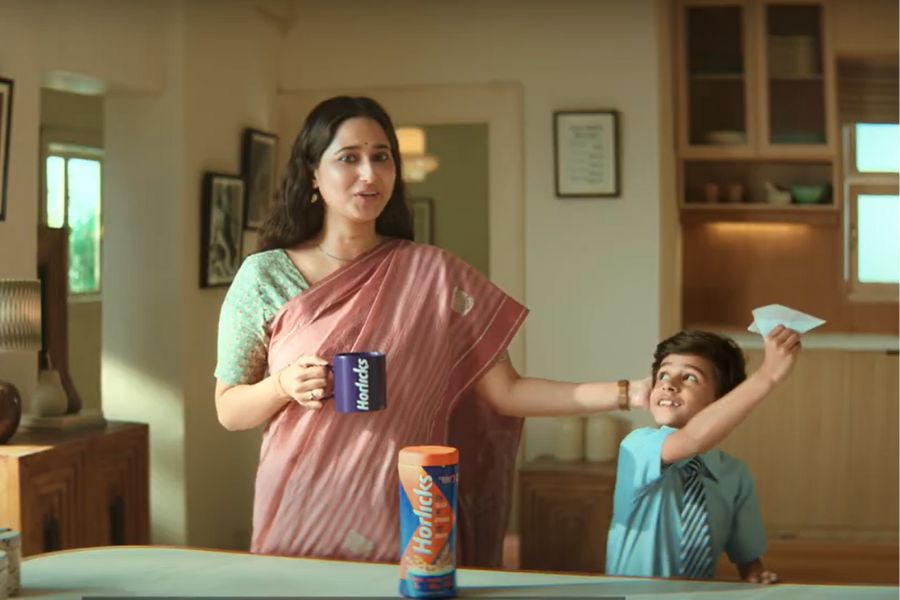Unilever will consider selling its underperforming tea business in a strategic review announced Thursday, but said it had "not reached a conclusion and all options remain on the table".
The division, which includes brands such as Lipton and PG Tips, has dragged down sales and profit at the business over the past decade, chief executive Alan Jope said during an earnings call Thursday.
Although Unilever reported that total turnover was up 2% to €52 billion (US$57.4 billion) and underlying sales growth was 2.9%, this was beneath the company’s previous guidance, and profit for the year fell 38% to €6 billion (US$6.62 billion).
The overall underlying sales growth for the year was brought down by a weaker fourth quarter, when it was just 1.5%. This dip was caused by weaker performance in the final three months of the year in emerging markets, as well as in beauty and personal care – the largest of Unilever’s three main divisions.
Unilever reported that globally its brand and marketing investment was flat as a percentage of turnover, equivalent to an increase of €70 million (US$77.2 million) in constant currencies.
In all regions except Europe, it improved its underlying operating margin, which it said was partly as a result of "efficiencies in brand and marketing investment".
In its annual report in March 2019, Unilever revealed that it had saved more than €500m on marketing in 2018 by creating "more content in-house while making existing assets go further".
Unilever had done "a lot of work" to grow herbal teas and infusions, including via the acquisitions of Pukka Herbs and Tazo, Jope explained, but said the "harsh reality is that two-thirds of our tea business remains core black tea, which is declining. We’ve had a lot of good effort at getting the core black tea back to growth, but we just don’t see it happening."
Jope said that "in many ways, tea falls into a similar camp" to Unilever’s spreads business, which was sold in 2018 to Upfield. This had been vindicated, he said, because although Upfield had improved the performance of those brands to some extent, they would "still be massively dilutive [to growth] for Unilever".
But he added: "I don’t want to pre-suppose the outcome [on the tea business] will be an exact mirror image of the spreads business."
(This article first appeared on CampaignLive.co.uk)




